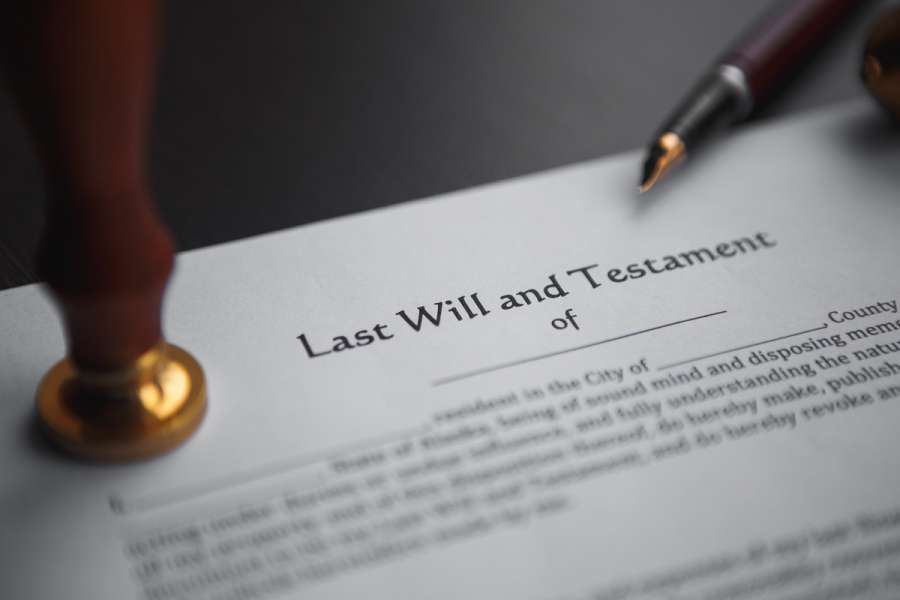Claims under the Inheritance (Provision for Family and Dependants) Act 1975
The Inheritance Act enables a qualifying applicant to bring a claim where a Will (or an intestacy) leaves them without "reasonable financial provision".
A claimant must fall into one or more of the categories to be able to bring a claim:
- A spouse or civil partner of the deceased.
- A former spouse or civil partner who has not remarried.
- An unmarried partner of the deceased who lived with them as husband or wife for two years before the date of death.
- A child of the deceased, including illegitimate or legally adopted children.
- A person treated by the deceased as a child of the family.
- A person who was financially maintained by the deceased.





